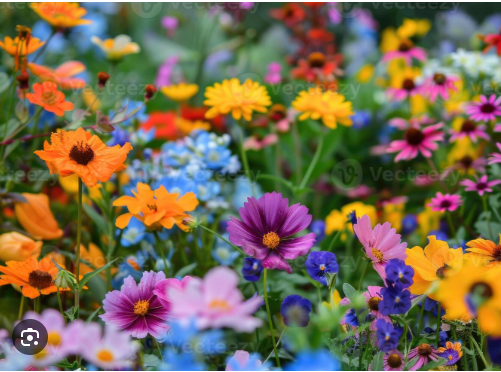- Nov 3, 2023
- 2 min read
GOD IS
In Psalms 8, 104 and others creatures are the place of encounter; the altar of adoration, in the same way that in the other psalms-and there are many-that the stories of salvation history manifest the liberating presence and action of God.
The psalmist is not only a poet that colorfully describes “hedgehogs’ lairs” and “the cubs that roar for their prey,” but is also, above all, the sensitive contemplative that captures the latent and throbbing reality that breathes under the skin of all creatures: God Himself.

In primitive religions, this reality, vague and imprecise, in fact, not only controlled certain (telluric) elements coming from the earth or its atmosphere like trees, fountains or the sun, but it also identified itself with them. The divine was the sacred fountain, the forest, without the precise distinction being made between being and the state of being. Rather, these aspects were usually implied and confused, for Akken Aton; the sun was divine and also a divine being.
In the psalms, and in the Bible, generally, one’s process of emancipation takes place, opening the way to transcendence; the umbilical cord that tied a god to a place is cut. God is separated from places and beings, thus becoming independent and surpasses the pantheistic stage. He acquires a personal identity and reaches full maturity. He transcends created beings: He goes beyond creatures, which does not mean that He is distant, or above another, but rather is other than the creature. From here on, we are now able to affirm: simply that, God is. We can also add that God is the fundamental base of all reality, the essence of existence; that in Him we move, exist and have our being; and it is not that He is in a certain place but rather, He is.
From the book “Psalms for life” by Father Ignacio Larrañaga.




Comments